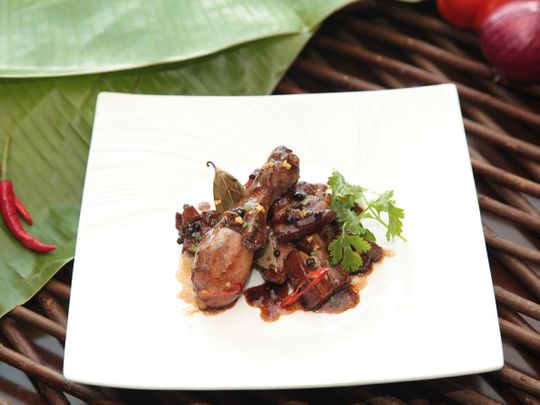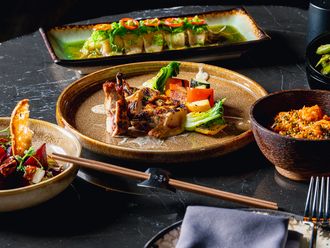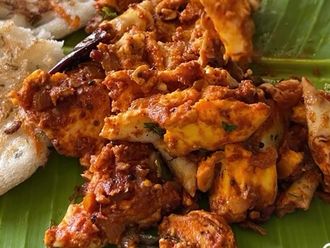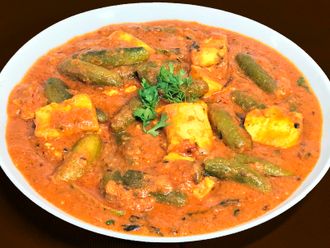
Manila: Experts see Filipino food as the next big thing in the international dining as enterprising food producers bring the country’s unique flavours to the world.
During a recent food fair in suburban Pasay City dubbed as “Eats more fun in the Philippines,” Department and Trade and Industry (DTI) Undersecretary for Regional Operations and Development Group Merly Cruz said food trend analysts predict that Filipino food will soon be assimilated into the global mainstream culture much like Chinese, Indian, Japanese, Korean and Thai food.
“Some experts believe that this trend is just taking off, and that the unique Filipino blend of European and Asian flavours will soon capture the taste buds of the world market,” she said. She added that this unique Filipino food blend is the combination of the best techniques from its foreign influences.
Filipino cuisine is a hodge-podge of indigenously developed flavours and cooking techniques mixed with foreign influences such as those from other Asian countries, Spanish and Western-inspired tastes.
An example of these is the adobo which basic form is a meat dish stewed in vinegar and spiced with pepper corn and garlic.
Filipino cooking is also steeped in variety, from the Spanish-cooking influenced afritada, which is meat stewed in tomatoes to the simplistic but no less delectable pinakbet (mixed vegetables cooked in shrimp paste).
Filipinos, especially migrant workers, bring along their unique style of cooking and love for food in just about every country they work in. It is also not unusual for Filipino food processing firms to come out with easy to prepare mixes of Philippine food and sell them to countries where there are huge Filipino populations.
Recent cable television shows highlighting Filipino cooking by noted television food experts such as Andrew Zimmern of Bizarre Food and Anthony Bourdain of No Reservations also served to popularise Filipino cooking to the world.
Cruz said that this is a good time to be a Filipino entrepreneur because the administration of President Benigno Aquino has recognised the potential of the small and medium scale industries such as food process as a driver for national economic growth, and a critical element in poverty alleviation.
She said that out of the $3 billion (Dh11 billion) Philippine food exports in 2011, $1.72 billion (Dh6.31 billion) was processed food.
As of the first quarter of 2012, Philippine food exports already accounted for $1 billion (Dh3,672,493,212).
In 2011, the major markets for Philippine processed food are the US, Japan, Singapore, Malaysia, Indonesia and Thailand. In the first quarter of 2012, the same food importers topped the list with the addition of China. China became the second importer of processed food, from its 10th position in 2011.















